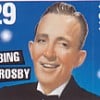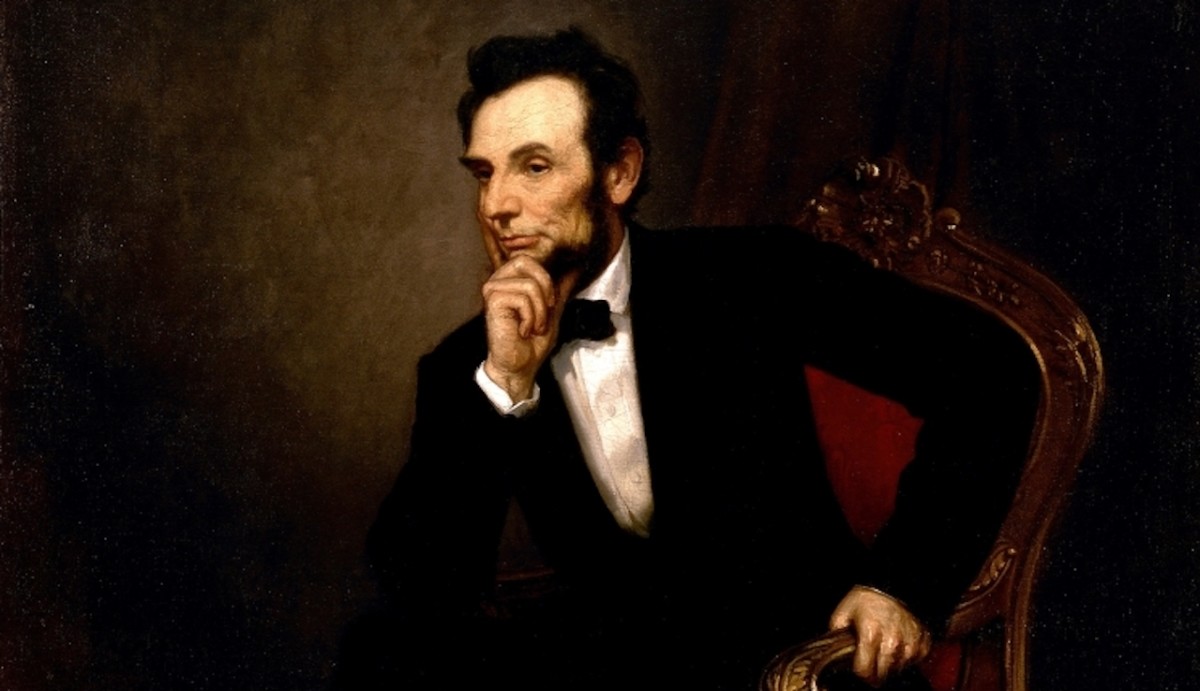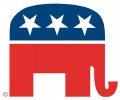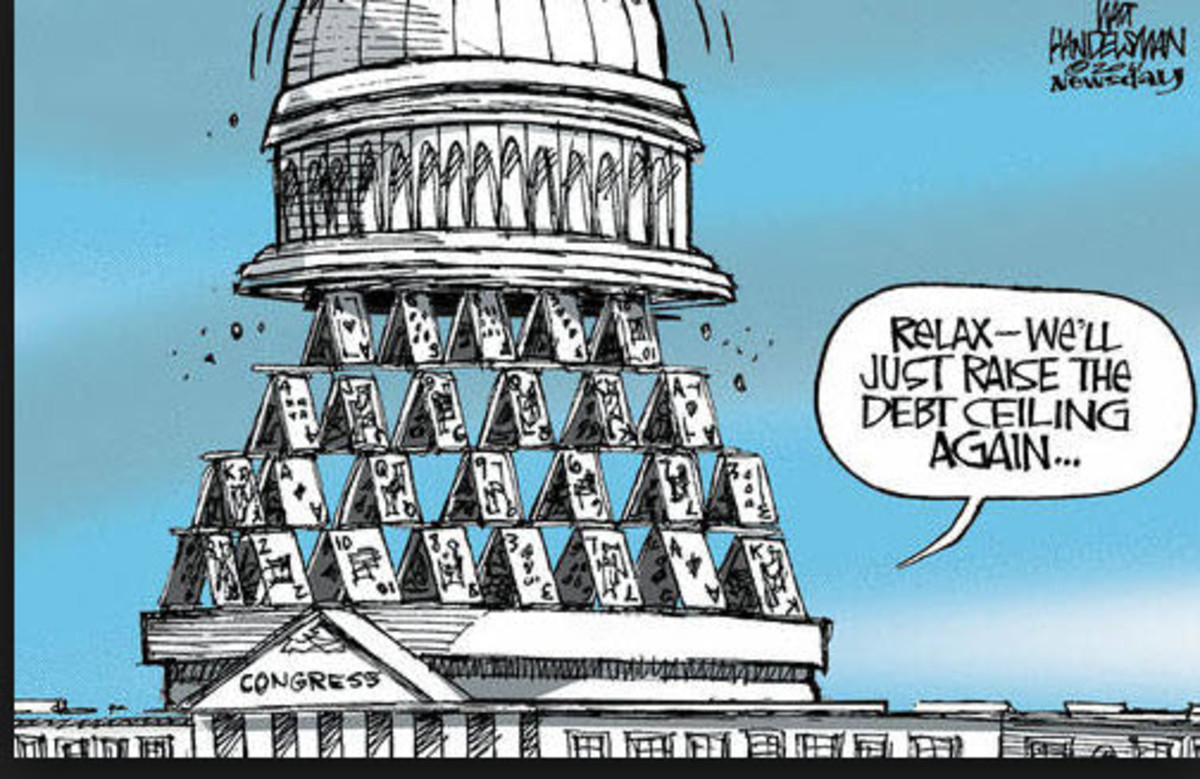Politics: Let Parties Pick Their Candidates
Kennedy-Nixon 1960 Debate
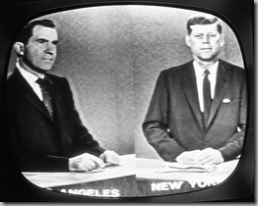
Two-Party System Challenged

"What this country needs is a good five-cent cigar."
It was Thomas Riley Marshall, 1854-1925, who made that insightful declaration way back when.
Times sure have changed, haven't they? A nickel isn't a nickel anymore, and smoking cigars has long since become an anti-social act.
Nevertheless, Marshall's statement, in my opinion, remains as cogent as ever. There's no way that I could be as eloquent as Marshall, but, if I were to try to update his remark, I would put it this way: "What this country needs is a good, affordable public golf course."
But, as important as golf is, it isn't what inspired me to pen this rambling piece.
Difficulty Finding Candidates
Rather, it was a recent article in The Hour (newspaper) that compelled me to pick up the quill. The article, by Alfred R. Branch Jr., quoted officials of the major political parties who spoke of the difficulty they're having finding Common Council candidates to fill their slate for the fall elections.
I don't have any names of potential candidates to give the political parties, but I can tell them why I wouldn't be a candidate for office, even if -- heaven forfend! -- someone wanted me to be.
Party politics
Years ago, political parties (for the most part just two: Republicans and Democrats) were closely knit units in which the leadership, and the membership, pretty much agreed on the basic issues facing the city, state and country. That is to say Republicans agreed with Republicans, Democrats agreed with Democrats.
Everyone was of like mind, more or less, so it was the leadership's job to choose which party member could most effectively carry the party's banner -- and go on to win the next election.
'Smoke-filled Rooms'
People like to denigrate this historic process by referring to the "smoke-filled rooms" in which party leaders met to make their selections. But, the truth is, the system worked -- wonderfully well.
About the time of our country's problems in Vietnam, some voters began to talk about "voting for the man" rather than the party, and candidates like Richard Nixon and George McGovern began to shun the "party bosses" and "political machinery." Nixon created the Committee to Re-elect the President (CREEP) And McGovern's banners proclaimed "President McGovern," both men leaving their respective political parties to fend for themselves.
Disintegration of Major Parties
All this has led to substantial disintegration of the major parties, and to (Ross) Perot, and even to (Lowell P.) Weicker. Eventually, by voting "for the man" voters will end up with lots of untried candidates, all of whom fail to win a majority. The "winner" will be forced to make deals with other factions to hold power, eventually tying the hands of government so thoroughly that virtually nothing of importance can be accomplished.
The Insolence of Office
Without the backing of the party, and the common support of like-minded citizens, who would want to run for office? Besides, Americans these days seem to want to destroy their politicians as fast as they elect them. How many qualified people who might otherwise run for office have stayed in the private sector simply to avoid the kind of treatment politicians face today?
What's wrong with parties choosing candidates they know and respect, and who represent the views of their membership?
What this country needs, I say, is a good, old-fashioned two-party system!
I wrote this column as a "My View" for The Hour newspaper of Norwalk, Conn., on Sept. 9, 1995.
